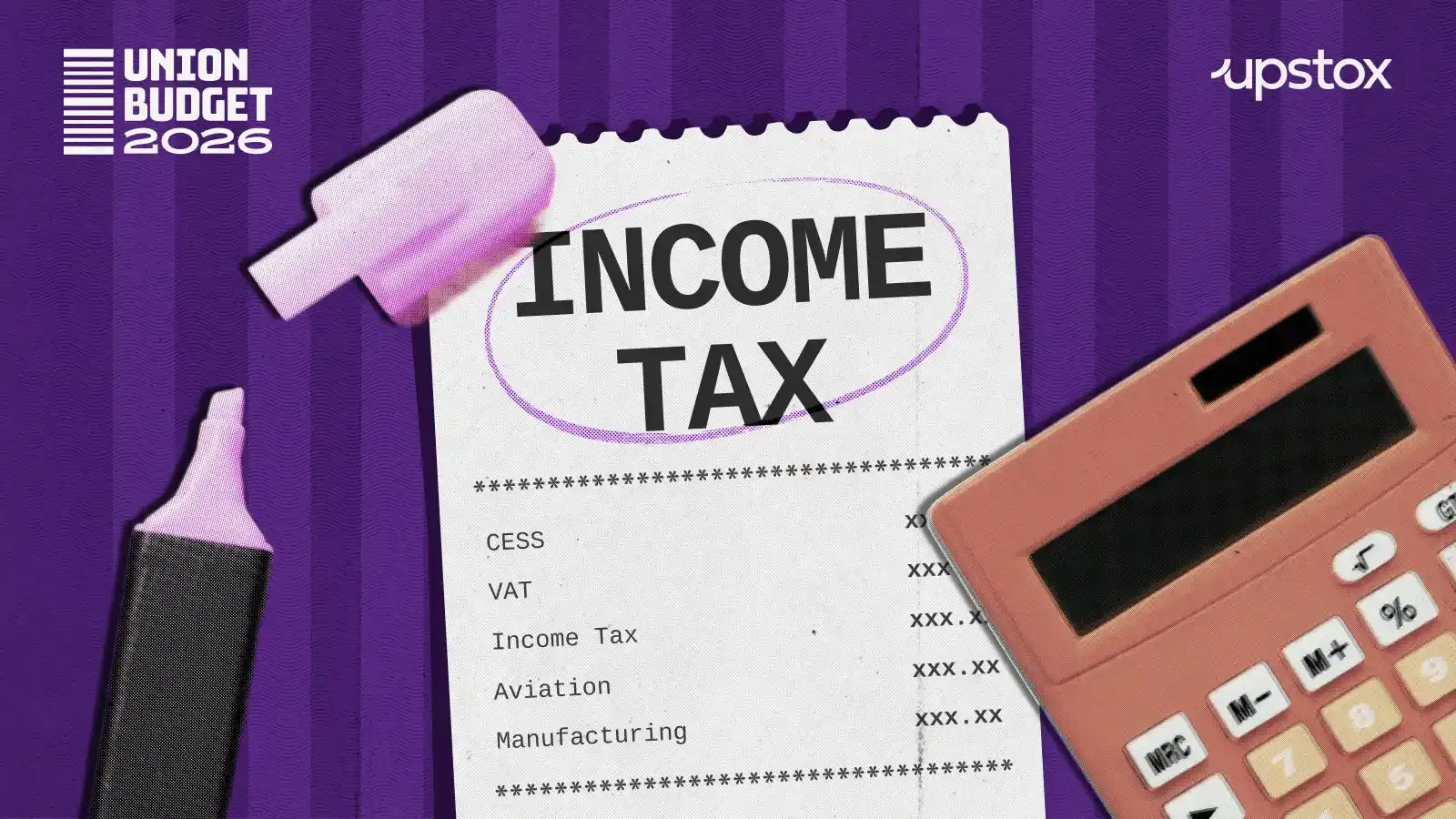Personal Finance News
Share buyback tax to STT hike: 9 key financial changes coming into effect from October 1
.png)
6 min read | Updated on October 01, 2024, 07:04 IST
SUMMARY
Among some of the major changes, new rules for National Savings Scheme (NSS) and Public Provident Fund (PPF) accounts will come into effect from October 1. The increased Securities Transaction Tax (STT) on F&O trading proposed in Budget 2024 will also be applicable from October.

Nine key financial changes coming into effect from October 1
Many major financial changes will come into effect in October, 2024. These changes are likely to impact the personal finances of investors and the returns on equity investments for stock traders.
Among some of the major changes, new rules for National Savings Scheme (NSS) and Public Provident Fund (PPF) accounts have been introduced which will come into effect from October 1. Other changes such as tweaks in the taxation on share buybacks and an increase in Securities Transaction Tax (STT), as proposed in the Union Budget 2024 in July, will also be effective from October.
Securities Transaction Tax (STT) set to increase
The Securities Transaction Tax on Futures and Options (F&O) is scheduled to increase from October 1. The increased tax was introduced earlier this year in the Union Budget. The tax is aimed at moderating speculative trading in the derivatives market. As a part of the tax hike the STT levied on option sales will increase from 0.0625% to 0.1% of the premium.
Rules revised for PPF and NSS accounts
The Department of Economic Affairs, Ministry of Finance issued guidelines on August 21, 2024, for regularisation of irregular Public Provident Fund accounts and National Savings Schemes (NSS). The irregular accounts will need to be submitted to the Ministry for regularisation and guidelines have been laid out for six major categories including irregular NSS accounts, PPF accounts opened in minors' names, multiple PPF accounts, PPF account extensions by NRIs, and the regularisation of Sukanya Samriddhi Accounts (SSA) opened by grandparents instead of guardians. The new guidelines are slated to come into effect from October 1.
Under the new guidelines, interest on a Post Office Savings Account (POSA) opened in the name of a minor will be paid until the individual attains 18 years of age. Additionally, the maturity period for such accounts will be calculated from the date the minor becomes an adult.
Individuals are allowed to open only one Public Provident Fund (PPF) account per person. However, there are cases of ‘irregular’ accounts, wherein two PPF accounts have been opened for the same person. After October 1, the two accounts will be merged as one account, which will be designated as the primary account. The amount in the primary account will accrue the scheme rate of interest.
Non-Resident Indians (NRIs) are not allowed to open Public Provident Fund (PPF) accounts in India. However, if an Indian PPF account holder changes their residency status, he/she will be allowed to contribute to a previously held account till the maturity period is reached.
As per the new regulations, introduced by the Department of Economic Affairs, the Post Office Savings Account (POSA) interest rate will apply to Public Provident Fund (PPF) accounts of Non-Resident Indians (NRIs) till September 30, 2024.
For the Sukanya Samriddhi Account (SSA) opened by grandparents instead of guardians, the guardianship should be transferred to natural guardians (alive parents) or legal guardians. If more than two accounts are opened in a family in violation of Para 3 of Sukanya Samriddhi Account Scheme, 2019, irregular accounts must be closed.
For the regularisation of accounts, all post offices are mandated to obtain the PAN Card and Aadhar Card details of the account holder or guardian and maintain a record of them in the system.
Aadhaar card
After October 1, individuals will not be allowed to use their Aadhaar enrolment ID instead of their Aadhaar number to apply for Permanent Account Number (PAN) or to file income tax returns. This is to prevent misuse or duplication of PAN.
T+2 settlement for bonus shares
In its circular dated September 16, the Securities and Exchange Board of India (SEBI) announced that the T+2 trading system will be implemented for bonus shares after October 1. As per the new system, the time between the record date for the issue of bonus shares and the date on which the shares are credited will be reduced to two days. After October 1, all bonus shares will be made available for trading two days from the record date.
Implementation of buyback tax structure
A ‘buyback tax’ will be implemented from October 1. As per the new buyback taxation regulation buyback proceeds will be treated as ‘dividend income’ and taxed as per the income tax slab of the investor. In the earlier regime companies were taxed at 20% on buybacks, while investors received tax-free income.
Changes in tax deducted at source
Finance Minister Nirmala Sitharaman proposed withdrawing the 20% Tax Deducted at Source (TDS) charged on unit repurchases by mutual funds or unit trusts of India (UTI). The TDS waiver will come into effect on October 1. The withdrawal of the TDS rate on mutual fund unit repurchase is aimed at easing the tax burden for investors.
TDS on life insurance payouts will be reduced to 2% from 5%. This means that policyholders will receive bigger payouts when their policies mature.
Introduction of Key Facts Statement (KFS)
Reserve Bank of India has introduced a new directive stating that banks and Non-Banking Financial Companies will have to provide a Key Facts Statement (KFS) to retail loan borrowers. The KFS is a document that covers key terms such as the loan fee and charges. The new directive will come into effect on October 1.
Deadline for insurance companies
Earlier this year in March, the Insurance Regulatory and Development Authority (IRDAI) issued new product regulations for insurance companies followed by a master circular in May. The IRDAI set September 30 as the deadline for insurance companies to make their insurance products comply with new product regulations. For existing policyholders, the new clauses will be incorporated into their policies at the time of renewal.
Among the key changes introduced by the IRDAI, all insurance products will carry a maximum pre-existing disease waiting period of three years, as compared to four years earlier. Additionally, the moratorium period after which claims cannot be contested has been shortened to five years.
Direct tax Vivad Se Vishwas Scheme 2024
The Direct Tax Vivad Se Vishwas Scheme will come into effect from October 1. The scheme was launched by the Central Board of Direct Taxes (CBDT) and was introduced in the Union Budget. The scheme is aimed at simplifying the process of resolving disputes related to tax and reducing the litigation involved in the process. As per the new scheme, lower settlement amounts will be offered to ‘new appellants’ compared to ‘old appellants’. Taxpayers, who submit their declarations by December 31, will also benefit from reduced settlement amounts.
By signing up you agree to Upstox’s Terms & Conditions
About The Author
Next Story


